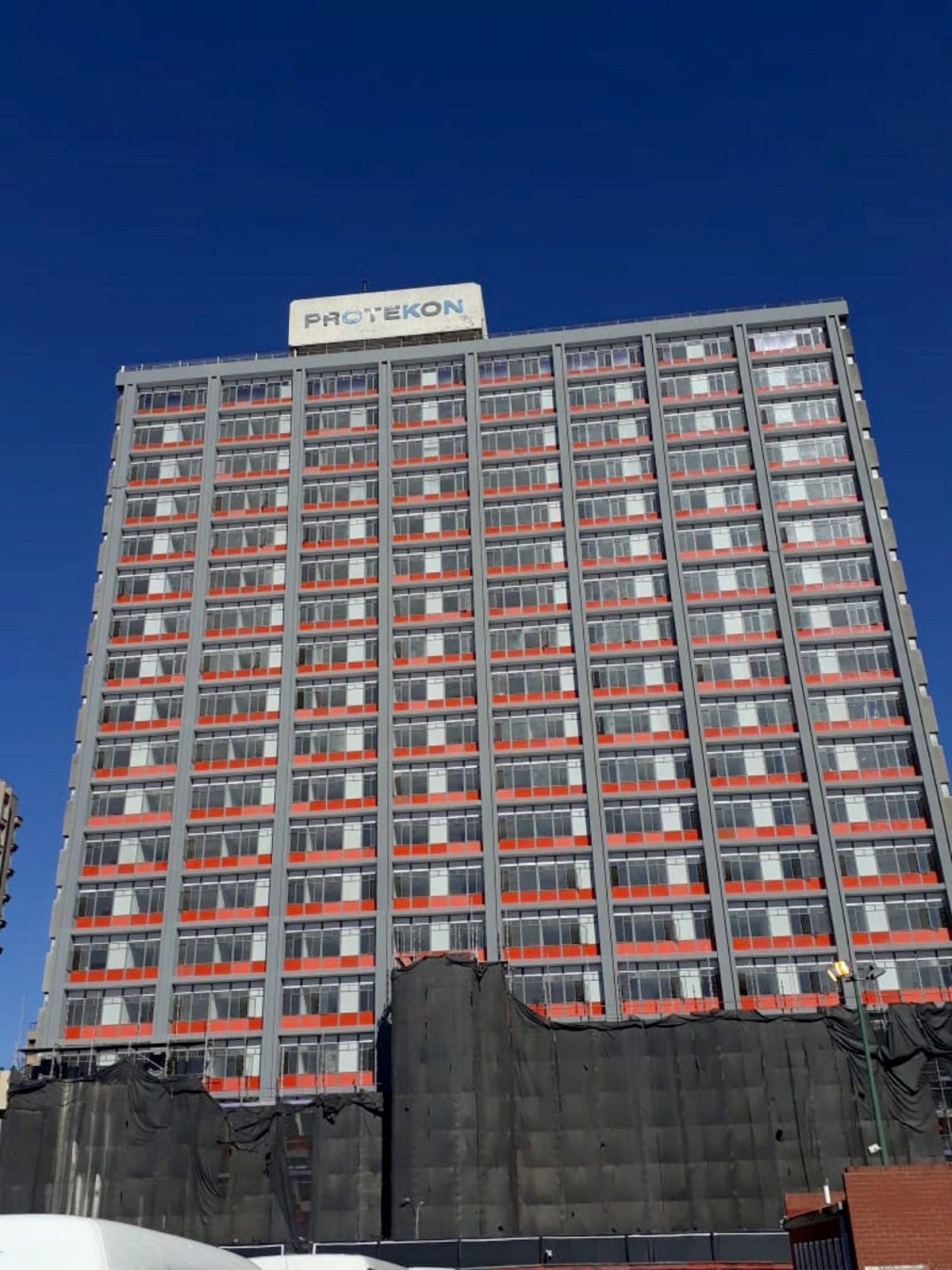
Infrastructure development and construction materials group Raubex’s 2019 financial year was characterised by a lack of work, coupled with violent community unrest that affected several of its sites, CEO Rudolf Fourie said on Monday.
The adverse conditions resulted in Raubex having to
rightsize a number of its operations, but this was offset by the
group’s diversification strategy coming to fruition during the year.
The company’s earnings a share for the year ended February 28 decreased
by 86.3% year-on-year to 31.9c, while headline earnings a share decreased by
75.1% to 57c.
Revenue decreased by 0.3% year-on-year to R8.52-billion, while operating
profit decreased by 69.2% to R207-million.
Profit before tax decreased by 71.8% to R180.7-million.
Despite the challenges, the materials division recorded stable results,
with activities focused on materials handling and screening services provided to the mining industry, as well as
commercial quarrying operations throughout Southern Africa, having supported the
group’s earnings for the year.
This will continue to differentiate the group from the overall construction sector.
“Good progress has [also] been made in the affordable housing space where conditions
are more favourable,” Fourie commented, adding that the company was also
benefiting from its participation in projects selected under
government’s Renewable Energy Independent Power Producer Procurement
Programme, where a solid order book of work has been secured.
Stable conditions have been experienced in the mining services sector where operations
have been predominantly focused on diamonds, gold, coal, copper, platinum and iron-ore during the year.
Commercial quarrying operations have experienced an
overall increase in volumes of about 12% off a low base from the prior year,
with site-specific pockets of improvement. However,
community unrest at certain sites and Eskom’s load-shedding have had a negative impact
on
Contract crushing operations continue to experience
weak demand in line with the low level
of activity in the overall construction sector.
Meanwhile, the roads and earthworks division experienced a
significant reduction in the volume of road construction and maintenance work from the public
sector.
Owing to the lower volume of work, the division embarked on rightsizing
initiatives during the year to reduce excess capacity. The division has,
however, retained some excess capacity in anticipation of an increase in public
sector spend and said it would review its position and market conditions in the
year ahead.
In addition to the lack of infrastructure spend in the road construction sector, the results for
the year were also adversely affected by violent community unrest in
certain areas which
impacted on production efficiencies.
Revenue for the division decreased by 20.7% to R3.63-billion and
operating profit decreased by 184.9% to an operating loss of R245.8-million.
The divisional operating profit margin decreased to an operating loss
margin of 6.8%, while the division incurred capex of R61-million during the
year.
The group’s infrastructure division experienced
favourable conditions and has continued to expand its affordable housing and commercial building operations.
Excess capacity was absorbed in the second half of the year owing to the
start of work in the renewables energy sector, where Raubex secured four
contracts valued at R729-million.
Outside of South Africa, Raubex noted that
work in Cameroon has progressed well and
that a conservative approach to revenue recognition has been adopted.
Further, the acquisition of Westforce Construction in Western Australia which was effective
January 1, 2018, had delivered its first 12-month set of results
post-acquisition and has contributed to the growth in this division.
Revenue for the division increased by 55.1% to R2.13-billion and
operating profit increased by 488.5% to R94.3-million.
Internationally, revenue increased by 37.4% to R1.53-billion while
operating profit decreased by 33% to R126.3-million. Operating profit margin
decreased to 8.3%.
The group’s secured order book, therefore, decreased by 2.2% to just
over R8-billion. Of the total order book, 14.1% represents contracts outside
of South Africa in the rest of Africa and Western Australia.
Raubex expects overall conditions in the
South African construction sector to remain
challenging and the short-term outlook uncertain. https://www.engineeringnews.co.za/article/raubex-uncertain-about-south-african-construction-industrys-future-2019-05-13/rep_id:4136



